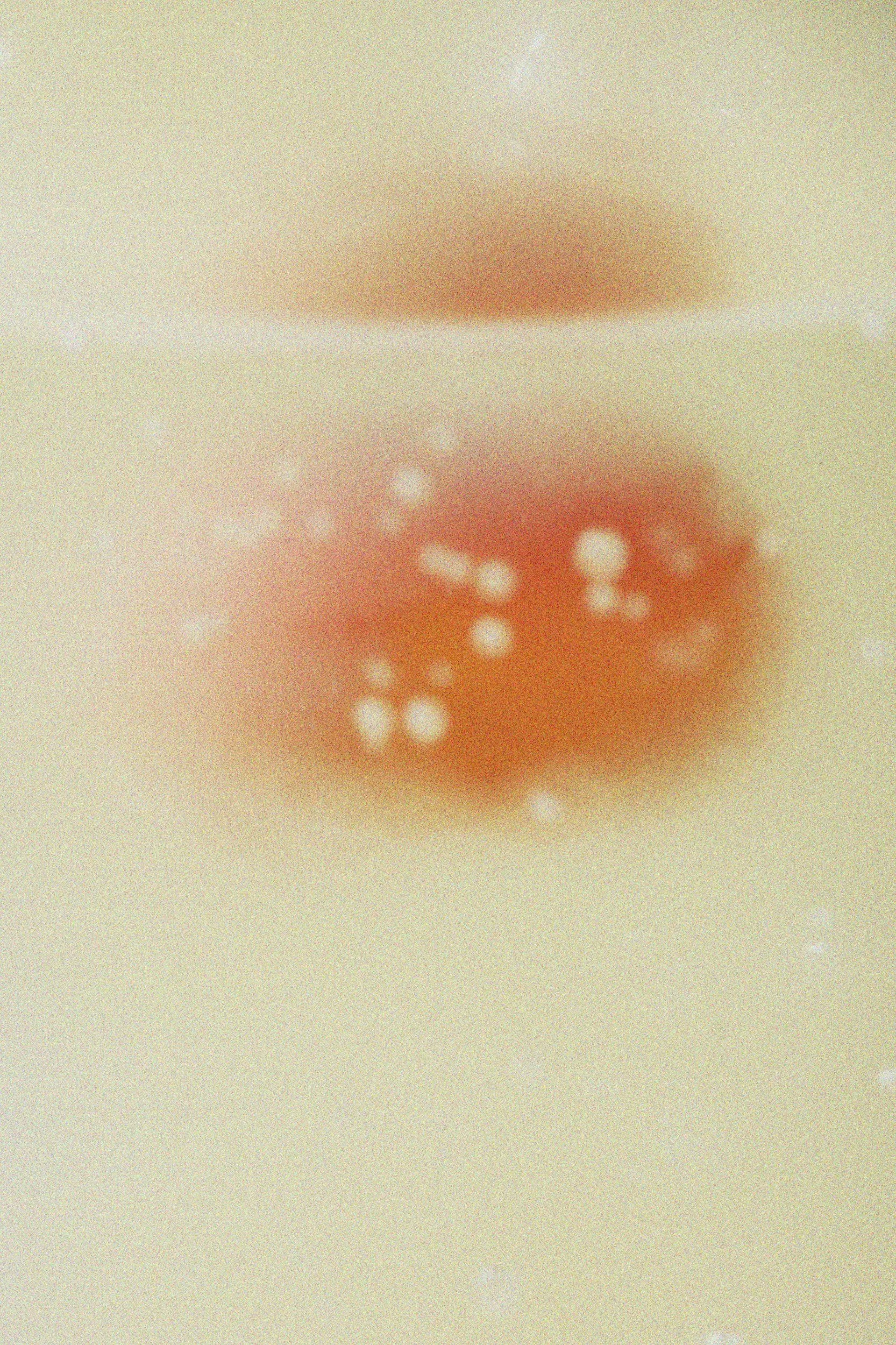
PHYSICAL WELLNESS
your body’s alert messengers
HISTAMINES
Histamines are like tiny alarm signals in your body. They help your immune system respond quickly to invaders, but when overactive, they can cause irritation and inflammation.
Think of histamines as the body’s internal flashing lights — great for warning of danger, but overwhelming if they’re constantly on.
Here’s what they help with:
Trigger inflammation in response to allergens or injury
Dilate blood vessels to increase blood flow to affected areas
Signal the stomach to produce acid for digestion
Help white blood cells detect and fight pathogens
Play a role in sleep, alertness, and neurotransmission
HISTAMINE BASICS
Common Terms + Simple Definitions
Here’s a mini glossary for lymph node related words you’ll see throughout the site:
Histamine - Chemical messenger released by the body in response to allergens or injury
Mast Cells - Immune cells that store and release histamine
Allergic Reaction - Symptoms triggered by histamine release in response to allergens
Histamine Intolerance - Occurs when histamine builds up faster than it can be broken down
DAO (Diamine Oxidase) - Enzyme that helps break down histamine from foods
H1, H2, H3, H4 Receptors - Different “locks” in the body that histamine can attach to, causing varied effects (e.g., inflammation, stomach acid, sleep/wake signaling)
WHAT HISTAMINE WORKS WITH
HISTAMINE + OTHER SYSTEMS
Immune System → Histamines alert and activate immune cells
Mucosal Barriers → Cause swelling and mucus production to trap invaders
Digestive System → Stimulate stomach acid for breaking down food
Nervous System → Act as neurotransmitters affecting sleep, alertness, and itch sensations
Allergies & Sensitivities → Release drives common allergy symptoms like hives, congestion, and digestive upset
a HealthY histamine system…
Histamines are essential for immune defense and digestion, but excess can lead to discomfort
Imbalance can cause allergy symptoms, digestive upset, headaches, and fatigue
Supporting gut health, enzymatic function, and reducing unnecessary exposures can help keep histamine in balance
Your histamines are like bodywide alert lights — you want them on when needed, off when not, for smooth, balanced functioning.
